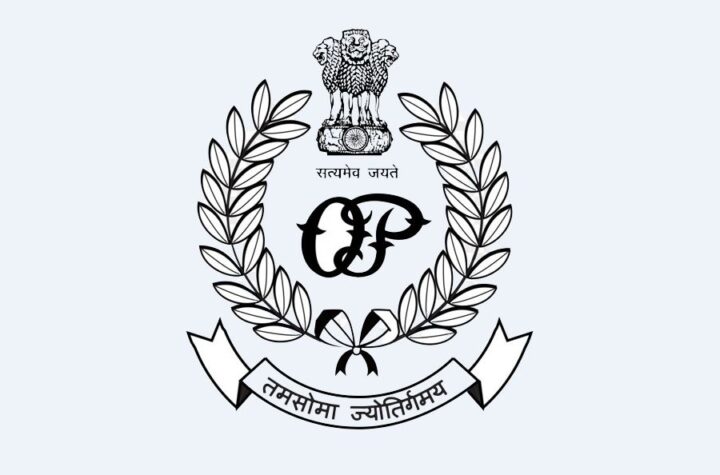This is unfortunate news that the Maldives government has decided not to renew the 2019 agreement under which India could conduct hydrographic surveys in the former’s territorial waters. There have been instances in the past in which Indian vessels have conducted hydrographic surveys in Kenya, Mauritius, Mozambique, Oman, Seychelles, Sri Lanka and Tanzania. There is no doubt that Male’s decision has more to do with domestic politics than with diplomatic or economic interests. Recently, the government of President Mohamed Muizzu campaigned a “India Out” platform during its election. In November, it “requested” New Delhi to withdraw its troops from the country, and earlier this month, the country’s Vice President Hussain Mohamed Latheef attended the Indian Ocean Forum organized by China, while he skipped the Colombo Security Dialogue which is a dialogue between India and other Indian Ocean nations. This decision by the Muizzu government to withdraw from the survey agreement, then, sends a clear message that Male is not toning down its anti-India stance despite the recent meeting between the Muizzu government and Prime Minister Modi in Dubai at the sidelines of COP28.South Asian countries are now experiencing an outsize impact on their external orientation as a result of the domestic politics within their countries. The importance of two factors in this regard can be summed up as follows. First and foremost, as one of the dominant economic and military powers in the region, India’s place, role, and attitude – often caricatures of them – make for easy political slogans, particularly in terms of economic matters. Secondly, China’s growing influence in the region – together with its willingness and ability to deploy resources – has given many countries a bargaining chip in the negotiation process. For example, the Maldives and Sri Lanka have leveraged their geographical advantage to play major powers against each other in an era of renewed geopolitical competition between major powers. In itself, this is an understandable factor – nations of all sizes use the hand they have been dealt to the best of their abilities to maximize their interests. What is unfortunate in the current scenario is Muizzu government’s sacrificing of long-term common interests for short-term political gains.New Delhi must be both patient and vigilant. It enjoys geographical advantages and historically has been close to the islands. Just 70 nautical miles away from the Indian coast, the islands face increasing threats from rising sea levels. India must be prepared to lend a hand. However, New Delhi cannot no longer afford to simply rely on legacy advantages. It has to contend with China’s growing interests in the region. India must tread the fine line between engagement and interference, doubling down on the former without being seen as doing the latter. It must draw red lines vis-a-vis China in the Maldives – on military presence, for example – while acknowledging that every country has nationalist sentiments. In essence, Delhi must play the diplomatic game with finesse, as so many rising powers have had to.
Exclusive
Breaking News
 ‘Still poor country’: India going to become third largest economy in world
‘Still poor country’: India going to become third largest economy in world
 Viksit Bharat, Viksit Odisha: PM Appeals to State People to Vote for BJP
Viksit Bharat, Viksit Odisha: PM Appeals to State People to Vote for BJP
 Odisha Crime Branch arrests 3 Directors of 2 Fintech companies for Cyber Fraud
Odisha Crime Branch arrests 3 Directors of 2 Fintech companies for Cyber Fraud
 AstraZeneca withdraws Covid-19 vaccine globally, months after admitting rare side effects
AstraZeneca withdraws Covid-19 vaccine globally, months after admitting rare side effects
 India – New Zealand joint trade committee acknowledges in both economies
India – New Zealand joint trade committee acknowledges in both economies





More Stories
‘Still poor country’: India going to become third largest economy in world
Viksit Bharat, Viksit Odisha: PM Appeals to State People to Vote for BJP
Odisha Crime Branch arrests 3 Directors of 2 Fintech companies for Cyber Fraud